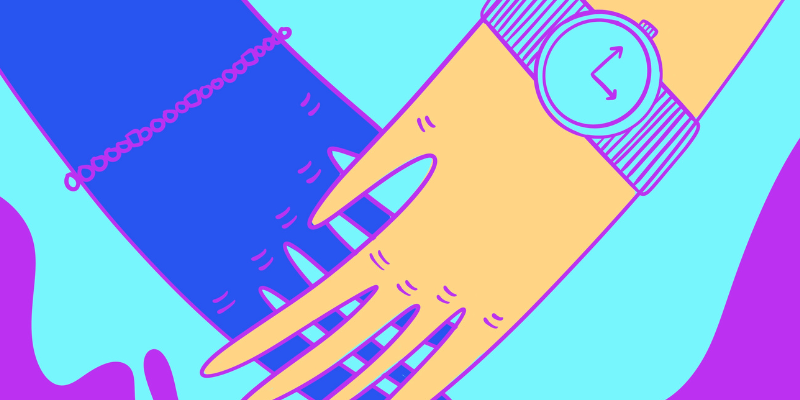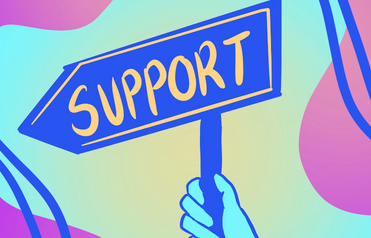
Know your Supports
In an Emergency, attend A & E:
- If you feel suicidal, have self - harmed or require medical attention, call 999 or 112 or head straight into your local Emergency Department. Although this is the quickest route to getting professional help, attending A&E can bring unique challenges to those presenting with mental health issues. 3Ts have a useful guide with tips on attending A & E for mental health related issues to help you get the most from your visit, click here.
Doctors and medical professionals:
- If you think that you might be depressed, a helpful first step is to speak with your GP or your health professional. Remember, they are specifically trained for this and better still, they want to help you.
- Also, they’ve heard everything and never judge, no matter how unusual you feel your situation is. Your GP or Nurse is a medical health professional just waiting on your phone call and this will be the first step in your recovery.
- Simply talking to your GP or Nurse may provide great relief. They can explain some of the affects depression can have on the body and discuss helpful lifestyle changes. They may prescribe medication or other therapies to suit your particular needs. Seeking medical help from your GP is a first step in recovery.
Follow Advice & Treatment Programme:
- Taking that first step to see the GP is a great move. However, it’s important to be patient with the treatment of depression. Take comfort that you have started the road to recovery, but do remember that therapies such as medication can take time to take effect (up to 6 weeks). Counselling & other therapies also take time. So, although it’s unrealistic to expect instant results, it’s helpful to remember that the positive effects of treatment will come gradually with time and will be worth it.
- It’s a marathon not a race and just like running, even slowly, you are always making distance!
Self Care
Changes in Lifestyle: Whatever your treatment programme, some simple lifestyle changes can really help with low mood:
- Eat as well as you can – try to introduce more healthy foods i.e. lots of fresh fruits & vegetables, some meat/ fish/ tofu or chickpeas and tons of water will help to keep you hydrated and fuel your body which in turn helps your mind.
- Avoid Alcohol & Drugs – These ‘quick fixes" fix nothing and can make you feel a lot worse in the long run. Alcohol, for instance, is a recognised depressant. If you need help with these, tell your GP.
- Get Active – Physical exercise is a great way of jumpstarting your way towards recovery. Some activities free up your mind to focus on the activity and not on your low mood. But any exercise is helpful as it releases endorphins which increase feelings of wellbeing and can reduce pain & discomfort.
- Walk, run, swim, go to the gym, dance, roller-skate or hula-hoop. Get those limbs moving and notice how much your body loves to be engaged!
- Get enough Sleep – ideally 8 hours a night. Turn off phones or screens an hour before bed. Pick up a book or have a warm (not hot) bath or shower before bed. Sleep is its own medicine and should never be scrimped! Lack of sleep can be a sign of depression but lack of sleep can also contribute to depression. So, get into good habits around bedtime to maximise the benefits of sleep.
Depression & Suicide
- Firstly, it’s possible to feel depressed and NOT feel suicidal.
- However, thoughts of suicide or death are a serious symptom of depression. It’s not only a warning sign that a person is thinking about suicide, but it’s also a very serious call for help.
- However, IF you are having recurring thoughts about death or suicide, then it’s really important to get the help that you need. You deserve not to feel like this and there is help available.
- For someone feeling suicidal thoughts, they may feel loved ones would be better off without them or that Suicide is the only way to escape the pain. But we know this is not the case. You are loved and people care about you. Suicide has
a devastating effect on families and loved ones left behind.


7f898f47047a48d587270a424069307f.png?sfvrsn=71f3c7ed_0)
.png?sfvrsn=ccbbd156_0)
